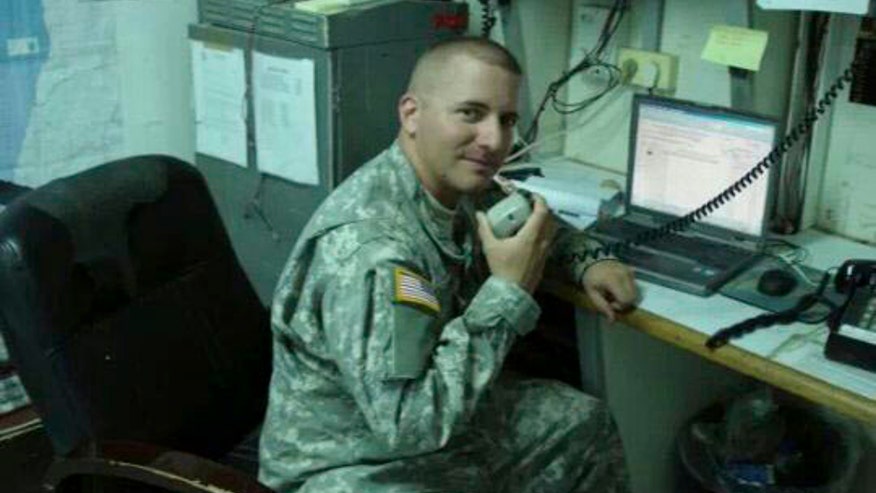
U.S. soldier SPC Ivan Lopez is pictured in the Sinai Peninsula between 2007 and 2008 (REUTERS/Puerto Rico National Guard/Handout via Reuters)
Thankfully, most psychiatric disorders never trigger violence, and the vast, vast majority of even the most severely psychotic people never threaten the lives of anyone else. Yet, when events unfold like those at Fort Hood, it is worth understanding how violence can erupt in the context of mental illness.
First and foremost, it is essential to understand that severe mental illnesses have the capacity to make a person believe things that are not true. They can alter people’s perception of reality.
Psychosis is the most concrete and severe alteration in a person’s perception of reality. People who are psychotic can experience paranoia, believing that others are conspiring against them. They can believe that others can insert thoughts into their minds. And they can experience auditory or visual hallucinations. These hallucinations can be “command hallucinations,” telling them to do things—even to kill—which they, sometimes, cannot resist doing.
Schizophrenia can cause psychosis – and severe depression can, too. ;And so can post-traumatic stress disorder (PTSD). ;
Psychosis, however, is not the only alteration in a person’s perception of reality that can lead to violence. Major depression and PTSD can lead to such profound irritability that a person’s impulse control is seriously eroded: Minor slights can be perceived as massive insults. An argument that someone might otherwise shrug off can take on ominous tones when someone is experiencing irritability from depression, rather than sadness – or irritability from PTSD, rather than anxiety.
Suicide, in the context of major depression, is, of course, a clear sign of this loss of reality. Because major depression can make the future seem so dim as to be untenable, when the truth is always that the future can be navigated and that hope is always present.
Because of the fact that several mental disorders can routinely deprive someone of a firm grasp on reality, I am always cautious to ask patients questions designed to make sure that they remain tethered to the real facts about their lives. ;
In someone who potentially suffers multiple psychiatric disorders, or has displayed recent irritable behavior, like Ivan Lopez, the shooter in Texas, I would be very careful to rule out paranoia, hallucinations, thoughts of suicide and any plans to confront perceived adversaries. ;I would attempt to coax such a person to present his symptoms more completely, rather than hiding them.
Unfortunately, the military’s current emphasis on “resiliency” means that mental health professionals encourage soldiers to “soldier on” and, essentially, wall off their negative experiences, including traumas. This is not a strategy that will help soldiers learn to divulge their psychological struggles and dark thoughts.
While we do not know the details of Lopez’s psychiatric history and treatment, obviously, were he a patient who had been seen in a private hospital clinic, that hospital would now be very seriously concerned that their approach to his care may have been lacking. They would be ferreting out whether any inadequacies in his care were confined to his case, or reflected an institution-wide lack of knowledge or failed treatment strategy.
I would hope the U.S. military is doing the same right now.

